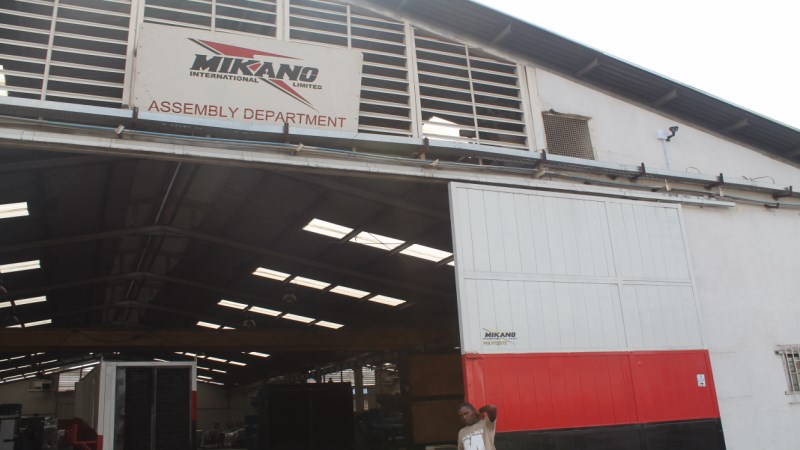 The expectation of a decrease in car prices may prove to be an unrealistic dream as inflation, import tariffs, and duties continue to push prices up.
The expectation of a decrease in car prices may prove to be an unrealistic dream as inflation, import tariffs, and duties continue to push prices up.
Nigeria’s inflation rate surged to 34.6 per cent in November 2024, the highest level in over 28 years.
The customs authority has import duty fixed at 20 per cent accompanied by a 15 per cent levy on new and old imported vehicles.
In addition to import duty, there are different charges, such as 7.5 per cent value-added tax (VAT), seven per cent surcharge (SUR) and 0.5 per cent ECOWAS Tax Liberalisation (ETL).
This has raised the total charges on vehicles. For instance, the Toyota Camry 2000 to 2014 comes with a total duty of N2. 7 million while the Toyota Camry 2015 has a total duty cost of N3.1 million.
The prices of cars have increased significantly. For example, an SUV that cost around N40 and N45 million a few years ago now costs around N95 million.
The price of SUVs has increased significantly. For example, an SUV that cost around N40 and N45 million a few years ago now costs around N95–100 million.
Chief Operating Officer (COO) of Cars45 and Jiji, Maxim Makarchuk, told The Guardian that Naira’s devaluation against foreign currencies has significantly increased the cost of imported vehicles and high tariffs and regulatory fees on imported vehicles have pushed prices upward.
“Rising inflation in the local economy has increased operational costs for dealers, further impacting car prices. This impact also extends to individual car owners looking to sell their vehicles, as there is often a perceived increase in the value of their cars.
“If the sale is intended to acquire another vehicle, the cost of the replacement vehicle will also have risen, potentially negating the financial advantage of selling,” he stated.
When asked about the impact of Cars45 on the Nigerian automobile market, he said: “Cars45 has transformed the Nigerian automobile market by introducing transparency, convenience, and trust to vehicle transactions leveraging on technology.
He added: “As a pioneer in online car trading, we have built a platform that simplifies buying, selling, and exchanging vehicles while offering accurate market-based vehicle valuations.
“Additionally, our 70+ inspection centres and partnerships with financial institutions have enabled a seamless process for financing options for both individuals and businesses. This innovation has democratised access to cars and enhanced trust in the automotive sector.
On the challenges confronting the Nigerian car market, he said: “The Nigerian car market faces several challenges, including economic instability, fluctuations in foreign exchange rates and high inflation creating uncertainty for both buyers and dealers.
He explained that many Nigerians struggle to access affordable financing for vehicle purchases while the reliance on imported cars and parts increases costs and exposes the market to global economic shocks.
He submitted that poor road infrastructure and an unstructured local automotive industry hinder market growth.
On the expectation for 2025, he said: “This year, we expect the Nigerian automobile market to experience significant growth driven by increased adoption of technology. More players will leverage digital platforms to enhance car trading and financing options.
“We are expecting expansion of local assembly plants. Government incentives and partnerships with global manufacturers could boost local vehicle production. As it is, many government officials have shared thoughts in this direction in several forums, hopefully, they follow through with this.
“The push for CNG conversion is at its peak. It is expected we hit a milestone in conversion by the end of 2025.
The market may also begin to embrace electric vehicles and sustainable transport solutions as we already have local players in this space. We are expecting improved financing opportunities, a wider access to vehicle financing could enable more Nigerians to own cars. Despite challenges, the market has immense potential for innovation and development in the coming years.”





